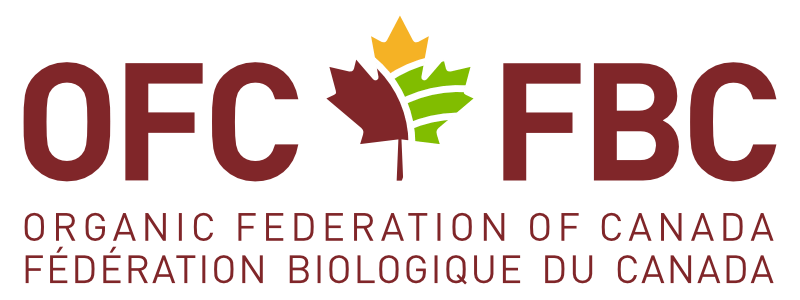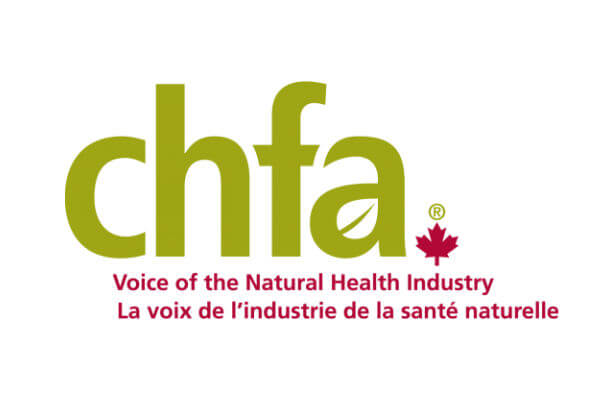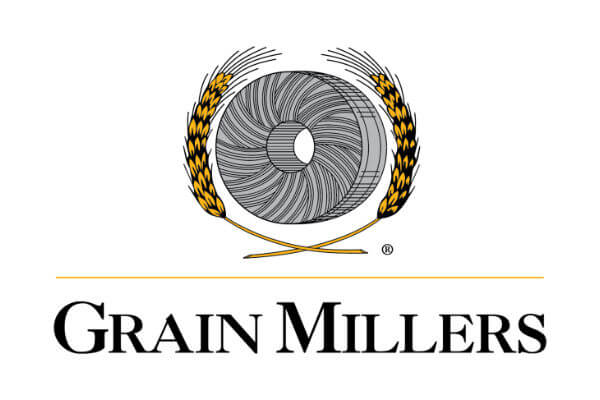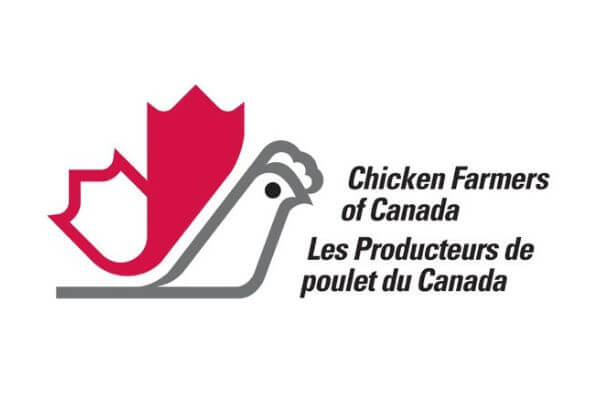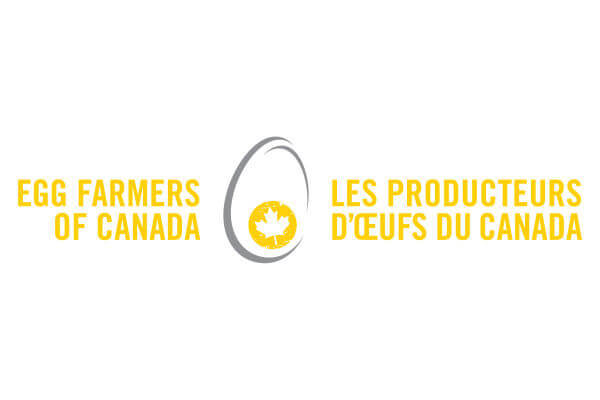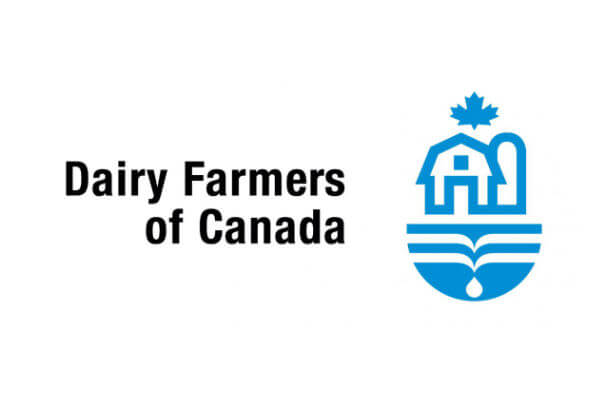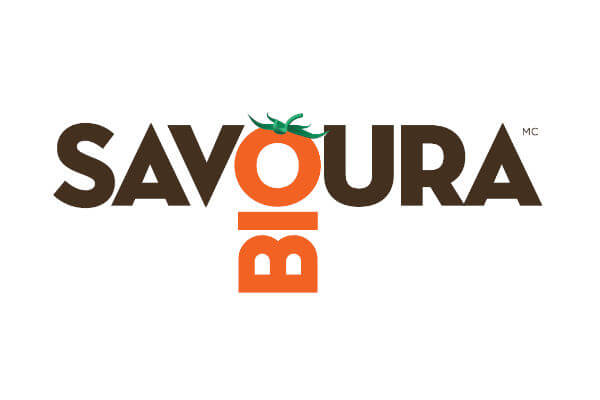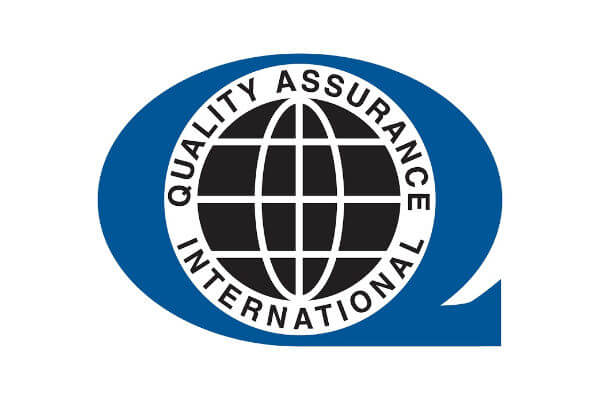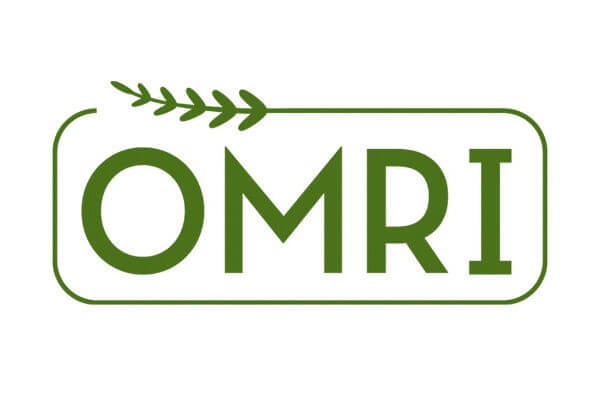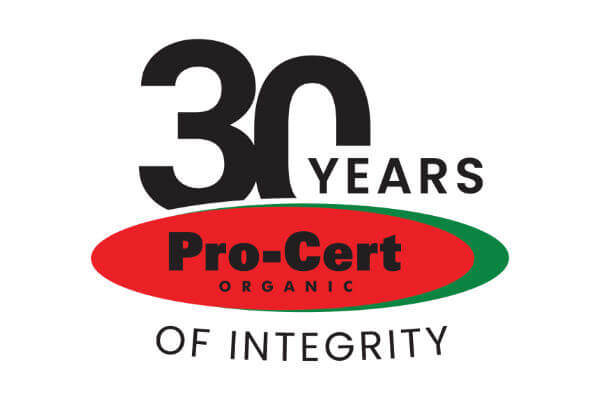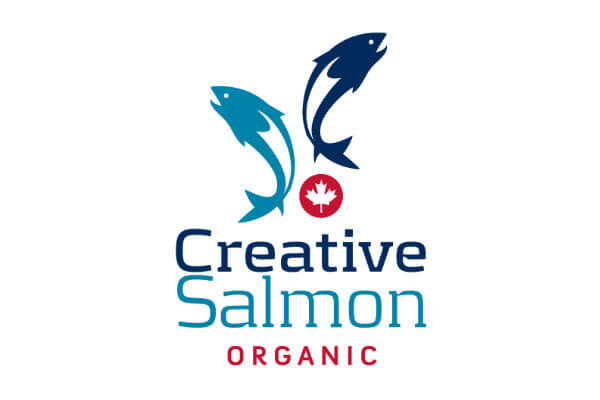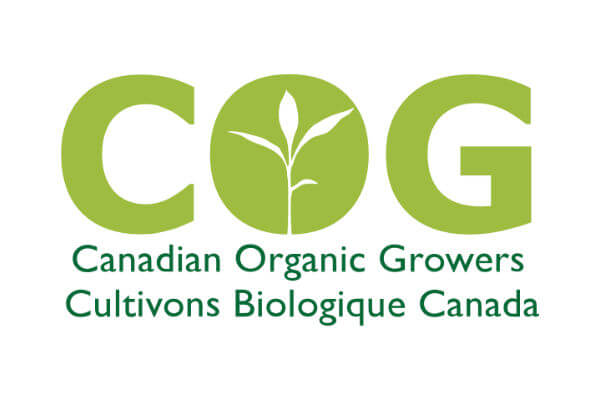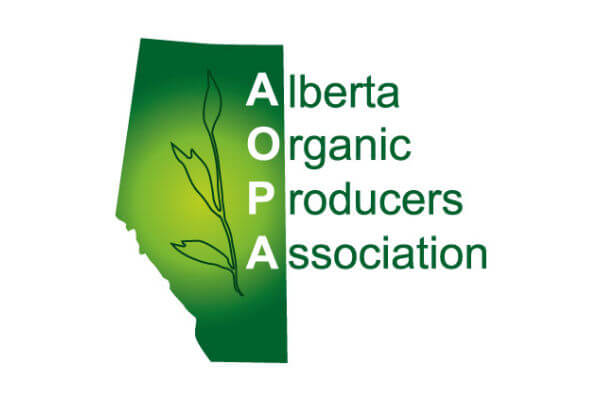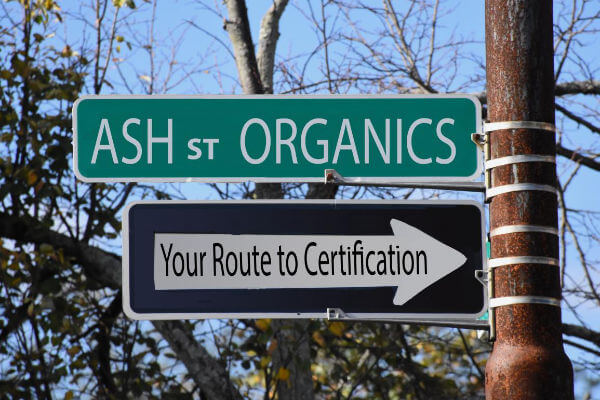The Canadian Organic Standards define the ecological practices to be followed by organic operators.
Organic production is a holistic system designed to optimize the productivity and fitness of diverse communities within the agro-ecosystem, including soil organisms, plants, livestock and people. The principal goal of organic production is to develop operations that are sustainable and harmonious with the environment (source: Can/CGSB-32.310-2020).
The Canadian Organic Standards include two documents:
Organic production systems – General principles and management standards
Organic production systems – Permitted Substances Lists
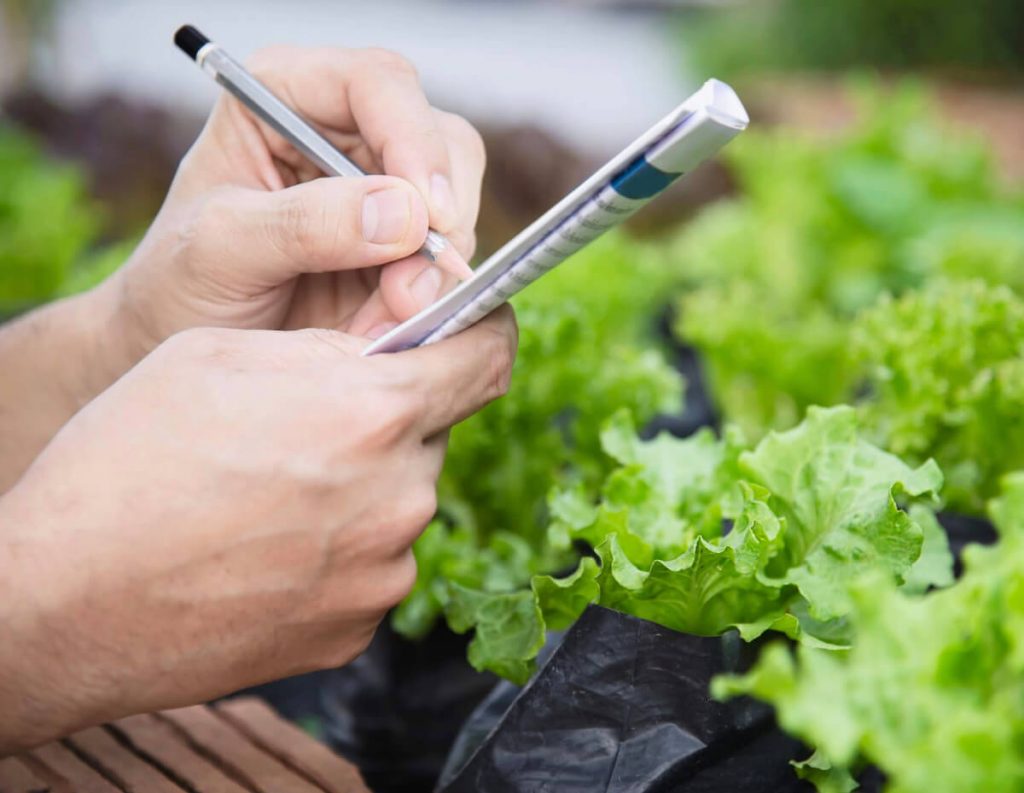
The scope is the Canadian Organic Standards is broad: it includes field crops, honey, maple sugar, sprouts, horticulture, greenhouse crops, livestock (dairy, poultry, pig, sheep and goats), processed food.
It takes into account differences between Canada’s agricultural regions that require varying production practices.
Moreover, they are comparable to the organic standards of the trading countries importing Canadian organic products, so to allow the creation of organic equivalency agreements that facilitate international organic trade and ensure that products labelled as organic imported in Canada are complying with standards equivalent with the Canadian Organic Standards.
To remain applicable and accurate, they are revised every five years; the review is managed by the Organic Federation of Canada.
Did You Know?
- Organic management methods restore and sustain ecological stability within the organic operation and its immediate environment.
- Soil fertility is promoted by developing optimal microbial activity within the soil and preserving soil resources and water quality.
- Pests are managed using biological and mechanical control methods; a balanced predator–prey relationship is established by maintaining biological diversity, selecting and rotating crops, minimizing tillage, recycling plant matter and animal residues and augmentation of beneficial insects.
- Prevention of disease and stress and organic feed promote livestock’s health; their living conditions allow them to express their natural behaviours.

Publication of the 2020 Canadian Organic Standards
In December 2020, the 2020 version of the Canadian Organic Standards were published.
The revised Canadian Organic Standards contain changes that operators must apply in their production system.
The OFC has prepared a series of documents that compare the 2015 and 2020 versions of the standard by juxtaposing the two standards and highlighting the changes that operators need to consider.
Review of the Canadian Organic Standards - Highlights and articles
The revision of the Canadian Organic Standard (COS), which began in September 2018, was completed in December 2020, when the Canadian General Standards Board (CGSB) published the 2020 version of the COS.
The revisions to the standard have been the subject of much debate. Practices related to animal welfare, promotion of biodiversity, greenhouse production and other types of production have been assessed and compared to the organic standards of our trading partners.
Consensus was sometimes difficult to reach, but, in the end, the COS 2020 includes improved practices and is intended to meet consumer expectations of COS-certified organic products. Here are some of the revised clauses of the 2020 COS.
A compromise about feed supplements and vaccines
Exceptions made to the 2020 version of the Canadian Organic Standards to allow some amino acids, phytase,vaccines and vitamins to contain residues from GE products.
Protecting Biodiversity: enhancing ecosystem health
Biodiversity is essential. The 2020 Standard includes a new clause requiring organic farmers to take concrete steps to support the diversity of life forms on their farms.
Relaxation of the standard for farms already certified
The Technical Committee introduces exception in the 2020 Standards to allow parallel production during transition of fields added to existing operations.
A final decision to prohibit 100% artificial lighting
The Organic Agriculture Technical Committee made the final decision that only certain types of certified organic plants could be grown under 100% artificial lighting.
Recycling Phosphorous from livestock urine
The addition of struvite (magnesium ammonium phosphate) to the Permitted Substances Lists (PSL) for use as a soil amendment in the 2020 Canadian Organic Standards.
Overhead cover for shade and protection
Providing overhead covering and enriched verandas for poultry is necessary in order to maintain living conditions that accommodate their health and natural behaviour.
Pandemic, drought, and the Canadian Organic Standards
When developing the Canadian Organic Standard (COS), there is both a need for compassion for the farmers facing catastrophe, and a need to maintain organic integrity.
Helping honeybees survive Canadian winters the organic way
Surviving Canadian winters can be a challenge for honeybees: allowing farmers to winter feed their bees to endure our cold and increasingly changing climate.
The Review Articles
The review of the standards is a process managed by the OFC and overseen by the Canadian General Standards Board.
The OFC has published a series of article along the review process to ensure that the Canadian organic stakeholders were involved and well informed.
Comment review update
December 2019
The many comments discussed by the working groups
October 2019
The public comment has been launched!
July 2019
1st Consultation with the Organic Industry
December 2018
A National Call for Petitions
July 2018
Minister Macaulay Announces Funding For CGSB
February 2018

